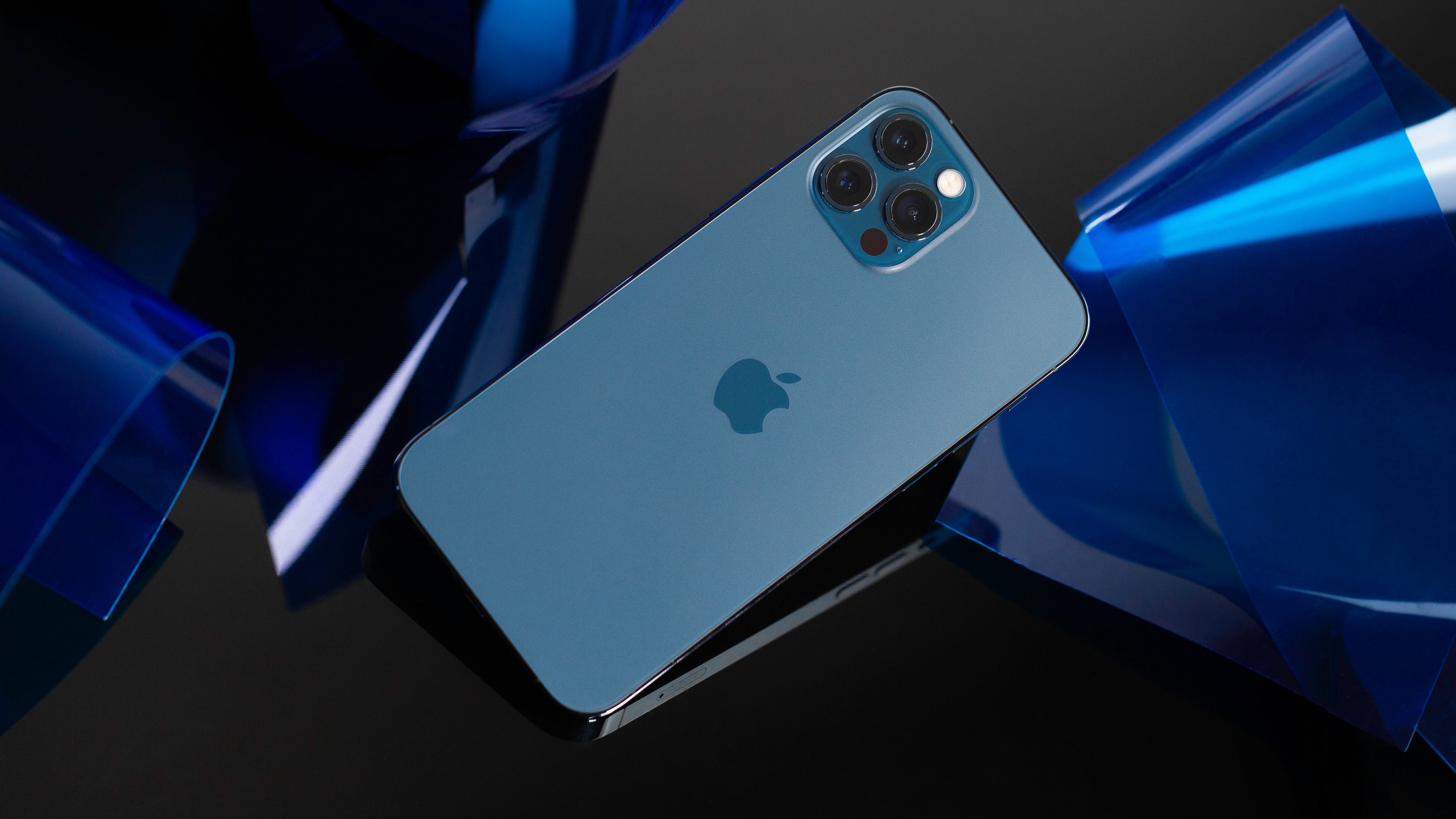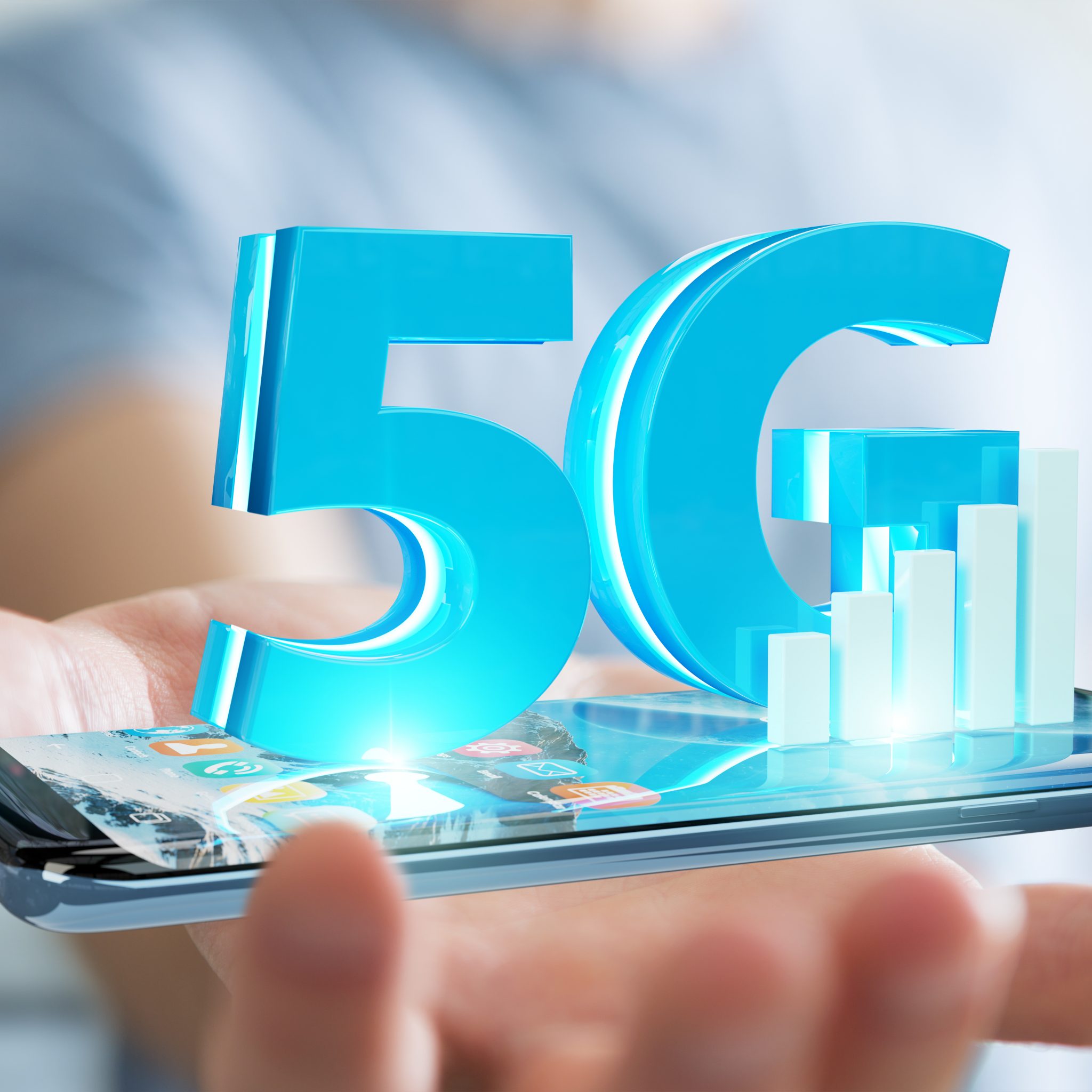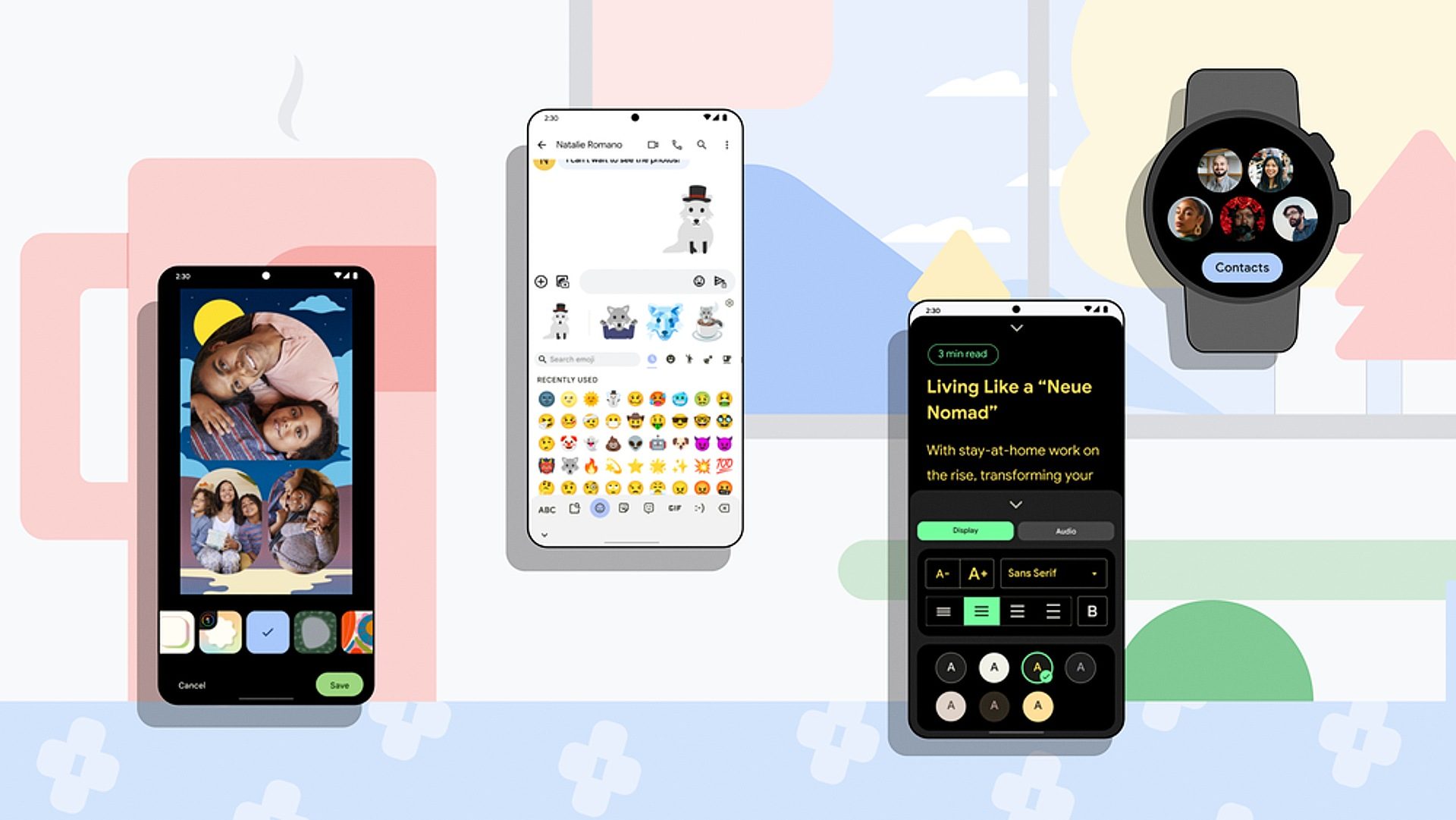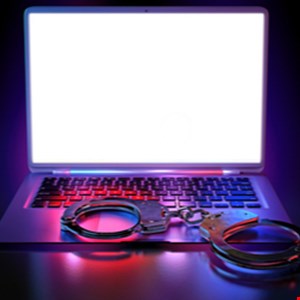The new iPhone lineup this year consists of four new models, where all of them fall under the 12 series. The magic number twelve is a “mathematical natural phenomenon”, a sublime yet abundant number. The twelve is also a kissing number in three dimensions. Frederic Chopin composed twelve Etudes; Claude Debussy composed twelve Préludes. Whether the new iPhone 12 Pro carries its numerical heritage as gracefully as people and events in the earth’s history have shown will be determined in this extensive review.
Good
- ✓Noble design language
- ✓Very bright display
- ✓Night mode for front and ultra-wide-angle cameras
- ✓Fast processor
Bad
- ✕No charging adapter included
- ✕High price
- ✕Average battery life
Who is the iPhone 12 Pro suitable for?
The iPhone 12 Pro comes in three different memory versions and is one of the most expensive smartphones you can buy in 2020:
- 128 GB for £/$999
- 256 GB for £/$1,099
- 512 GB for £/$1,299
In contrast to the basic version, the Pro model is available in more subtle colours. In addition to gold, silver and graphite, the new Pacific Blue shade is also available. Apple has sent us the review unit in Pacific Blue, and we will do a deeper dive concerning the design a bit further below.
The Pro model is the choice of Apple owners who want the most powerful Apple smartphone every year in the first place. In addition to that, long-term users of older iPhone models such as the iPhone 6s or iPhone 7 might want to equip themselves with the Pro model to future-proof themselves in the years ahead. Thanks to 5G connectivity and long-term software updates, the new Apple device is a solid future-proof investment. The differences compared to the basic version are marginal, however, as the 12 series also comes with an OLED panel, for instance. It is the camera and overall memory that make the difference here.
Apple iPhone 12 design and build quality
In my hands-on with the iPhone 12 (Pro), I have already shed some light on both models. The design of the new models has certainly divided the Apple fanbase. Those who are nostalgic about the good old days are happy about the return to the angular, easy-to-grip design. However, there are also others who felt that the iPhone 12 is simply too edgy. Personally, I like this design a whole lot.
Every inch of the phone looks good regardless of how I hold it in my hand.
If you were to take the time to feel this piece of technology, the matte glass back caresses your skin in a very special manner. The finish of the 146.7 mm high and 71.5 mm wide back nestles warmly and softly in the palm of your hand. Do give me the license to be a little bit more poetic here: the glass resembles the soft, white skin on the wrist; and it is there where one is able to feel the pulse of a living body.

In contrast, the new, flat stainless steel frame is certainly jarring in terms of design and feel. In the Pro model, the 7.4 mm deep frame absolutely sparkles in the corresponding case colour. Cool and hard, it forms the grip that I have deeply missed in the rounded iPhone 11 Pro Max. After using the Pro model for close to two weeks, I could not confirm reports circulating on the Internet about obvious wear and tear marks along with the stainless steel frame. I have to say that in four out of five times when I charge the iPhone wirelessly, the Lightning port does edge its way in little by little. It will require a long-term review to see whether such a finish is suitable for everyday use.
I consider the 187 grams of the Pro model to be something positive. All in all, it fits nicely in light and stable manner in one’s hand. It is a joy to say that this is the first iPhone in years that I would use without having to worry about purchasing a protective case. Do be aware though, you have to dig deep into your pocket in case there is any physical damage to the device due to accidental drops or knocks. Colleagues from iFixit tested the iPhone 12 Pro in a teardown and came up with an average repairability rate of 6/10. In case of broken glass at the back, the entire chassis needs to be replaced. As to how high the repair costs for broken displays are, you can read about it in a separate news article.
Apple iPhone 12 display
If we observe the front of the iPhone 12, we will find a 6.1-inch OLED display. The now-famous notch hasn’t gotten any smaller, which is a pity. Other smartphone manufacturers have shown innovative solutions to reduce the size of the notch in recent months, such as under-display cameras, retractable cameras or punch-hole notches. Granted: all of these design choices do not follow Apple’s design language. We also have to keep in mind that Face ID technology with its numerous sensors do take up space.
Compared to its predecessor, the iPhone 12’s display did not see much improvement.
Apple decided in favour of 5G and battery life against using a 120 Hz display. I think that’s a pity. If you want to switch from an Android smartphone with a refresh rate 90Hz or higher to the iPhone 12, you’ll notice the difference in a short while, so good luck adjusting to a lower refresh rate! Other than that, the display shines in its performance, offering high brightness levels and richness in contrast. Even when I am under direct sunlight, I can read the display without losing any bit of quality. The panel delivers a maximum brightness level of 800 Nits and a maximum brightness of 1200 Nits in HDR.
Another new feature is Apple’s display coating that is known as Ceramic Shield. It is rumoured on the ‘Net that this is actually the latest Gorilla Glass Victus from Corning. Since we don’t want to damage our review units, I cannot verify that information through a scratch test at this point in time. More courageous reviewers, however, have come to the conclusion that the iPhone 12 Pro is better equipped against falls. However, this YouTuber could not detect any discernable difference to the previous model that did not come with Ceramic Shield:
Since I switched from an iPhone 11 Pro Max to the iPhone 12 Pro, the maintained low refresh rate did not bother me that much as opposed to a possible Android user who was rocking to at least 90 Hz. All in all, the performance of the Super Retina XDR display convinced me. With a resolution of 2,532 x 1,170 pixels (460 ppi), surfing the ‘Net was a very pleasant experience, as much fun as viewing spontaneous gaming sessions or YouTube videos.
Apple iPhone 12 software
iOS 14 brings about numerous innovations and practical features not only to the new iPhone 12 series models but also for the new generation of iPads. Apart from the ability to finally use widgets for applications, the “hidden” button on the back of the iPhone is now also available. For instance, you can use it to create a screenshot simply by tapping the glass twice. Holger has summarised all of the advantages and features in the following “How To” article:
In
addition, you can finally make use of picture-in-picture capability on the iPhone to watch YouTube videos while working with another app in the background. That is but just one example of what Android users have long been enjoying all this while. iOS 14
also brings Apple’s own translator app and the ability to place a Shazam button for music recognition directly into the control centre. All of the new features in iOS 14 have been described here for you:
Apple iPhone 12 performance
The new iPhones are all equipped with the brand new A14 Bionic processor, which Apple had already shown off in the iPad Air before the new range of smartphones was introduced. The chip used here is the first Apple processor to be manufactured using the 5 nm process. This provides ample space to house all 11.8 billion transistors. The processor incorporates a faster neural engine and the six 64-bit-capable ARM cores are supposed to work 40 per cent faster than the Apple A12 Bionic, according to Apple. The iPhone 12 Pro and the Max version come with 6 GB of memory (LPDDR5-5500), while the 12 models without the Pro add-on manage with 4 GB of RAM. The reason behind this could be improved camera features. The ProRAW format, which was introduced exclusively on the Pro models, should also be able to utilise more RAM. With ProRAW you can edit images extensively afterwards, even if they have already been optimised by the camera software. Below you will find the table with our benchmark results from Geekbench 5:
Apple iPhone 12 Pro benchmark comparison:
| iPhone 12 Pro | Galaxy S20+ | OnePlus 8 Pro | Galaxy grade 20 Ultra | |
|---|---|---|---|---|
| Geekbench 5 (Single/Multi) | 1.585 / 3.669 | 911 / 2.776 | 887 / 3.313 | 735 / 2.508 |
In everyday life, these outstanding values are particularly useful when it comes to gaming. Graphically intensive and demanding arcade games on Apple’s platform run smoothly without the iPhone 12 Pro experiencing any unwanted high temperatures.
Multitasking, high-resolution YouTube videos and gaming are simply fun, but that was evident with the iPhone 12 Pro right from the get-go. This begs the question: where does the A14 Bionic really show off its strengths in comparison to its predecessor? The Apple A14 Bionic, for example, is the first Apple processor to support decoding of the AV1 video codec, which is considered by many to be future-proof and should be used widely in the future. The LPDDR5-5500 memory also provides faster memory bandwidth and is generally more energy efficient.
Apple iPhone 12 camera
Like the iPhone 11 series, the iPhone 12 Pro comes with three cameras at the back. However, Apple has made improvements to both its hardware and software. For example, a new LiDAR scanner is used, which is said to provide better night mode shots, faster autofocus in low light, and improved AR experiences.
Apple has three sensors at 12 megapixels resolution each: a wide-angle, ultra-wide-angle and a telephoto lens with up to four times optical zoom. Only the Pro Max comes here with a five-fold optical zoom. Dolby Vision HDR is now used in both Pro models. This means you can record HDR video at up to 60 frames per second.

The iPhone 12 Pro camera in detail
- Ultra-wide angle: ƒ/2.4 Aperture
- Wide-angle: ƒ/1.6 Aperture
- Telephoto lens: ƒ/2.0 Aperture
- Night mode
- Deep fusion
- Apple ProRAW
- Dual optical image stabilisation
- 2x optical zoom in, 2x optical zoom out, 4x optical zoom range
- Up to 10x digital zoom
- Smart HDR 3 for photos
On the software side, the ultra-wide-angle can now also take pictures in night mode.
That didn’t work with the iPhone 11 Pro because the night mode was only available in standard mode. In initial tests, the night mode in ultra-wide-angle worked well with a picture range of 120 degrees. However, if you were to allow me to compare it to competition from Huawei, Apple’s phone still can’t keep up here. Nevertheless, the results are very appealing and pictures do not end up looking too unnatural.


The results looked as though it was yet another regular evening and does not pretend that it is during the day. In general, iPhone snapshots are known to produce natural-looking images. We don’t find image-enhancing modes, beauty modes or other fake filters on the iPhone – which is a good thing in my opinion. You see the world through the iPhone camera as it really is, and it is full of crisp, sharp focus. We’ll be putting the iPhone 12 Pro and the Max version through a more extensive camera test in the near future when we are all be able to go outside without any worries.

In front, something has also changed with regard to the black notch. The iPhone 12 Pro’s TrueDepth camera also impresses with 12 megapixels and comes with ƒ/2.2 aperture and HDR 3. Bokeh mode has been made available again. New to this would be Deep Fusion and the night mode at the front, which delivers some really good results with an additional or two seconds of exposure:


The Selfie camera shows off its full potential only in daylight. While both shots above were taken in unfavourable conditions, the next one really underscores my point. Bright sunshine provides a lot of details and crisp contrasts:

Apple iPhone 12 battery
This part of the review was difficult for me. For one thing, Apple’s iPhones are not particularly known for its outstanding battery life or huge 5,000 mAh cells. I also miss any kind of quick-charging feature that is normally found in competitors to Apple’s smartphones. It also hurts that for the very first time in history, Apple has decided to exclude a charging adapter with each purchase of the iPhone 12. So, if you don’t have a 20-watt charger with a USB-C plug at home, then you can remedy that situation by placing an order from Apple for an additional £19. And I must recommend this wholeheartedly because recharging with an old 5-watt charging brick would mean having to wait for a very long time until the battery is fully charged. Personally, I make use of a charging station from Anker in order to charge my iPhone via USB-C-to-Lightning. During the evening, the iPhone can be placed on my Anker Wakey, an alarm clock with a Qi charging port, and in the morning it is ready and waiting to last up with fresh energy again.
Apple is silent as ever about the facts about the battery. However, readings (here from Connect) show the following: The iPhone 12 Pro comes with a battery capacity of 2,775 mAh. (3,687 mAh was supposed to be in the Max model). This is of course far smaller than the battery capacities found in the competition, which already use 5,000 mAh in mid-range devices. But time and again it is said: Apple’s has perfected its ecosystem, enabling the company to deliver great performance at a far lower battery capacity.
I don’t have any concrete figures for you, as there is no battery test app available for the iOS platform to put the cell to the test.
But what I can say after two weeks of use, as well as the screenshots in the battery settings show, is that average use of this device without any recharging will last a little more than one whole day. While I usually only made it to the evening with my iPhone 11 Pro Max, I can still use the iPhone 12 Pro until the next morning with about 15 per cent of remaining battery life before requiring to hook it up to a power source. However, my usage is also above average, since I make use the device for both business and private purposes. This includes gaming sessions in the evening, entertaining business phone calls, reading the news, engaging in Twitter and having chats with colleagues.

MagSafe: slow and expensive
When Apple presented the new MagSafe for iPhone at the iPhone keynote, I was already sceptical. The good: A magnet at the back of the iPhone is an excellent thing. For a long time, I used the mobile phone cases from “Ideal of Sweden”, which placed a magnet on the back of the phone, enabling me to quickly attach the iPhone to a magnet holder in the car, for instance. With MagSafe, I no longer need to look for any third-party accessories. Apple’s own accessories, including the MagSafe charger with a maximum of 15 watts and cases as well as a card wallet, are very expensive and I don’t quite comprehend the benefits of the MagSafe charger.

To be honest, the charging rate is extremely slow. I prefer to connect the iPhone to my 20-watt charger. But for those who prefer to charge their device at night, the MagSafe charger is probably a suitable solution. Also do note that in various tests, it was found that the MagSafe charger emits power into the smartphone at an even slower rate when the MagSafe case is in place.
Another important note at this point: Deutsche Telekom has provided us with a 5G SIM card for testing. In the next few days, we will focus on the iPhone 12 and 5G in detail, so we will not publish any information here.
Final verdict
The iPhone 12 Pro is definitely the best iPhone that Apple has ever introduced to date. It proved to hit all the right notes in this review, especially with the nice bright OLED panel, great processor performance and new camera features. In my opinion, however, upgrading from an iPhone 11 is not necessary. However, if you want to replace your long-standing iPhone (anything older than the iPhone 11), the current iPhone 12 Pro is a future-proof companion – for now.
In an upcoming review, we will take a closer look at the basic model, i.e. the iPhone 12. So stay tuned and keep an eye on the NextPit homepage.
Even more Apple stories on NextPit:
Apple iPhone 12 – where to buy?
Placeholder













